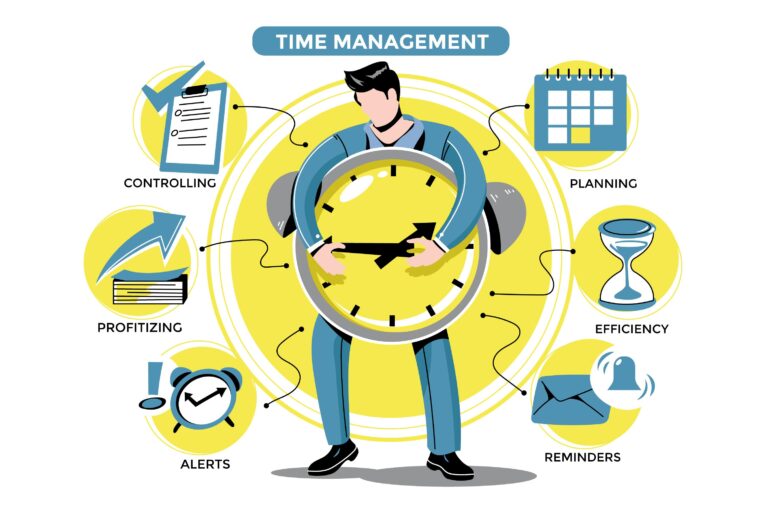From Blank Page to Brilliant Prose: Proven Tips for Effective Writing
Hello readers! Have you ever found yourself simply looking at a brand-new, empty Word document? You are unsure of where to start writing because the cursor is blinking nonstop. Let me tell you something YOU are not alone!
Prose writing can often feel challenging, leading to writer’s block. You always want that first opening line to be interesting. After all, all of the greatest literary works begin with well-written first drafts.
To improve your prose writing skills, embracing a researcher mindset is essential for anyone seeking to uncover new insights and make meaningful contributions to their field of study.
Effective writing skills are crucial for anyone striving to convey their thoughts clearly and persuasively. Prose writing tips can be invaluable in enhancing your effective writing. To achieve this, remember to stay concise, choosing words carefully to ensure your message is both impactful and easy to understand. Another key aspect of effective writing is organising your ideas logically, allowing readers to follow your train of thought effortlessly. By incorporating these prose tips into your writing, you can unlock the power of effective communication and engage your audience more effectively.
But if you are right now struggling to find the first appropriate words, here are some effective prose writing tips for you:
- Tell yourself- “It doesn’t have to be perfect.” You are after all still writing your paper, project, or thesis. The goal of drafting is not to achieve perfection. Perfectionism is rather the enemy of a first draft. You won’t ever finish your work if you keep revising the same paragraph to the point of perfection.
- When it comes to prose writing, write without editing, do not keep on returning to make corrections. Editing can disrupt the flow of thoughts, you may even miss ideas, and it may lead you to self-doubt. Avoid ruminating and overthinking, as nobody is watching your draft. JUST GO FOR IT!
- Effective prose writing involves writing without editing or scrutinising what you’ve written. Allow your creativity to flow. Only deep diving will keep you immersed for longer to communicate your research. The initial draft is similar to a blank canvas on which a painter would begin. It is only a quick overview of the full thesis. The possibility to examine different research communication options is provided during the second draft. Although utilising academic language is important, you can choose the tone and style of your preference. You can play around with the wording, word choice, sentence structure, and phrasing.
- In prose writing, write raw, rough, sketchy, unorganised, and messy words on paper. Do not limit yourself. Once written, refine it several times to polish it into a fine diamond. Write as if nobody will read it, allowing your thoughts to flow freely. That is when your work will be transformed into what the reader will want to read with pleasure and curiosity. It’s essential to establish a regular routine to avoid losing inspiration because the writing stage requires a lot of time and effort.
For the time being, don’t pass judgement on the material you write. Later in the writing process, editing will be included. Proofreading, editing, and checking for grammar, punctuation, and spacing, as well as checking for plagiarism, are all steps in the final stages of writing. Do not burden yourself with those in the beginning. In case you still find yourself stuck, Click here to book a consultation call where I will help you 1-1 and guide you through your first draft!
If you’re working on a complex research project, our research guidance and research consulting services can provide you with expert support and valuable insights to ensure your study’s success.
Just feel the freedom!
Happy Writing! Happy September!
Best Regards,
Dr. Suman Mundkur
Want to Learn More About Writing and Research?
Check out my book, A Guide to a Topic Selection Journey for First-time Researchers: ZEROING IN ON A RESEARCH TOPIC







